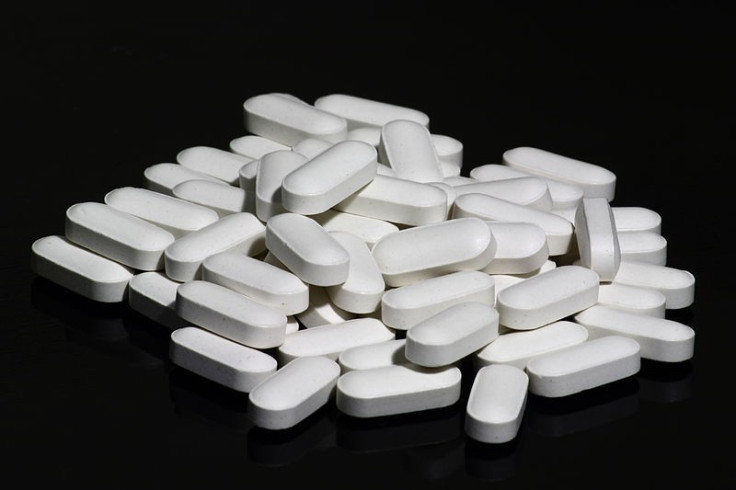High levels of Vitamin D can lead to death from heart diseases

Scientists from the University of Copenhagen have now shown a connection between high levels of vitamin D and increased risk of cardiovascular deaths.
An earlier study from the university covering a large-scale population across four decades had shown low vitamin D levels increasing mortality and cancer risk.
The present work now confirms that in addition to low levels of the vitamin, even very high levels of vitamin D in our blood is not good and raises risk of dying from a stroke or a heart attack.
The results have just been published in the world-renowned Journal Of Endocrinology And Metabolism.
"We have studied the level of vitamin D in 247,574 Danes, and so far, it constitutes the world's largest basis for this type of study. We have also analysed their mortality rate over a seven-year period after taking the initial blood sample, and in that time 16,645 patients had died.
"Furthermore, we have looked at the connection between their deaths and their levels of vitamin D," professor at the Department of Clinical Medicine, Peter Schwarz explains.
The study confirms that there is indeed a correlation between mortality rates and vitamin D levels.
"If your vitamin D level is below 50 or over 100 nanomol per litre, there is a greater connection to deaths. We have looked at what caused the death of patients, and when numbers are above 100, it appears that there is an increased risk of dying from a stroke or a coronary. In other words, levels of vitamin D should not be too low, but neither should they be too high. Levels should be somewhere in between 50 and 100 nanomol per litre, and our study indicates that 70 is the most preferable level," Schwartz states.
The benefits of vitamin D are many besides averting cancers and cardiovascular diseases.
It is beneficial for bone health, and a recent study also suggests it reduces risks of respiratory infections and helps suppress inflammatory response to H1N1 influenza infection in both pre and post stages.
The best and easiest source of the vitamin is the sun. Our skin produces vitamin D in the presence of sunlight. However, a 20-minute exposure is safest say experts.
It is also available in certain foods like fish, mushrooms, egg yolk, cheese and many fortified food.
© Copyright IBTimes 2025. All rights reserved.





















